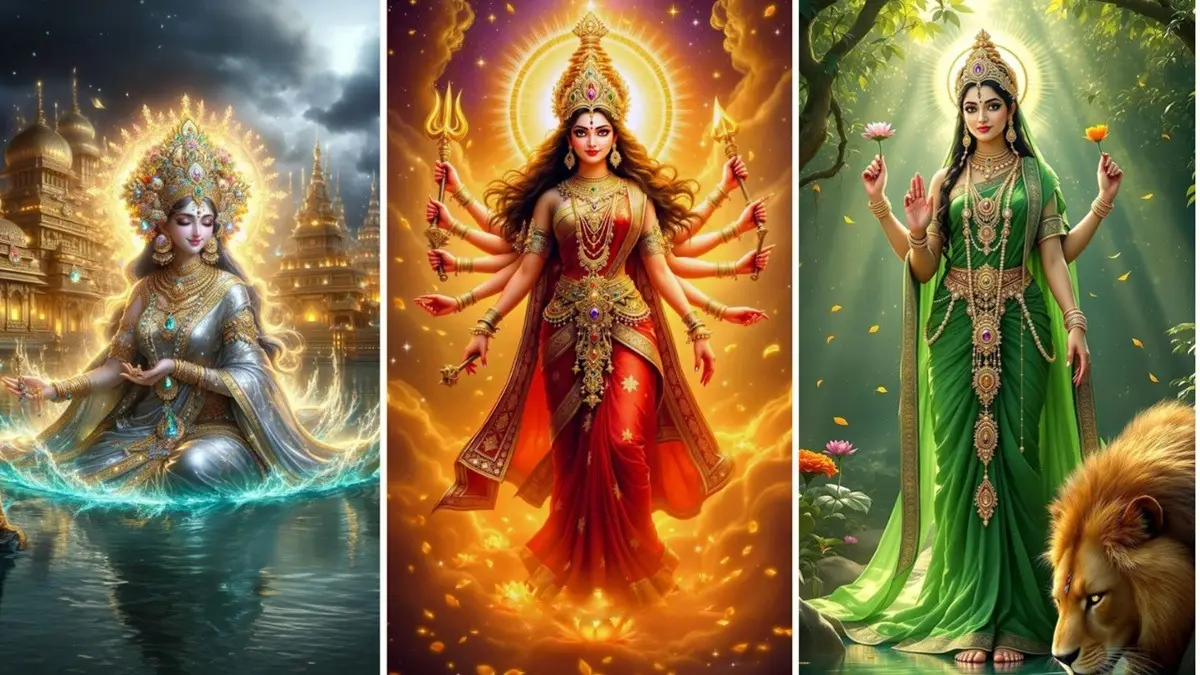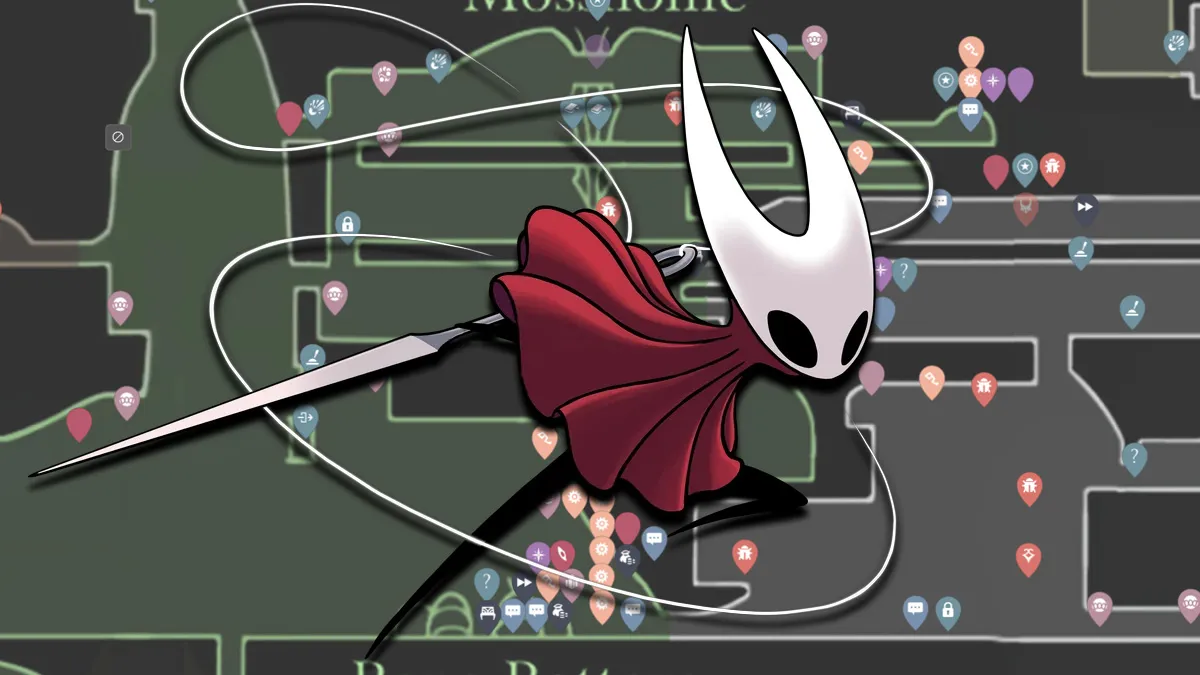By Nimakshi Chanotra
Copyright republicworld

Every year, Navratri is celebrated with devotion to the Navadurga, the nine forms of Goddess Durga. From Shailaputri, the daughter of the Himalayas, to Siddhidatri, the giver of perfection, these nine nights narrate the triumph of Shakti. However, according to the ancient Hindu scriptures, there are more than 9 forms of the Goddess who hold powerful roles in spiritual life.Aranyani is praised as the spirit of the forest. She embodies the mystery of nature, which is fertile, nurturing, and yet untamed. Aranyani is believed to be quiet, shy, and elusive. She has no temples because the forest itself is her shrine.The Vedas personify the idea of night as the Goddess, Ratri. Ratri is not darkness as ignorance but darkness as protection, shelter, and rest. She guards beings from danger when light fades. In the Vedas, Aditi means “the boundless one”. She is considered the mother of Adityas, the cosmic powers of order and harmony. Aditi is identified with the eternal sky and space itself, limitless and without division. Prithvi, the Earth herself, is one of the most ancient deities. Unlike the more martial Navadurga, Prithvi symbolises endurance, nourishment, and stability. She is praised as the one who grants fertility, health, and strength.Ushas is the radiant goddess of dawn. She is the bringer of light, awakening, and renewal. She drives away darkness, not by battle but by gentle illumination. In many ways, she represents a more natural and cyclical Shakti compared to the warrior goddess of the Puranas.Nirrti, goddess of dissolution, decay, and misfortune. Just like the creation cannot exist without destruction, prosperity cannot exist without decline. Nirrti was once invoked to drive away misfortune or accepted as part of the balance of life.READ MORE: Shardiya Navaratri 2025: Significance, Dates, Rituals, Do’s And Don’tsShachi, also known as Indrani, is the consort of Indra, the king of the gods. In early traditions, she was considered a powerful goddess in her own right, embodying sovereignty, pride and command. Unlike other goddesses, she was not seen as gentle but as regal and sometimes jealous.



